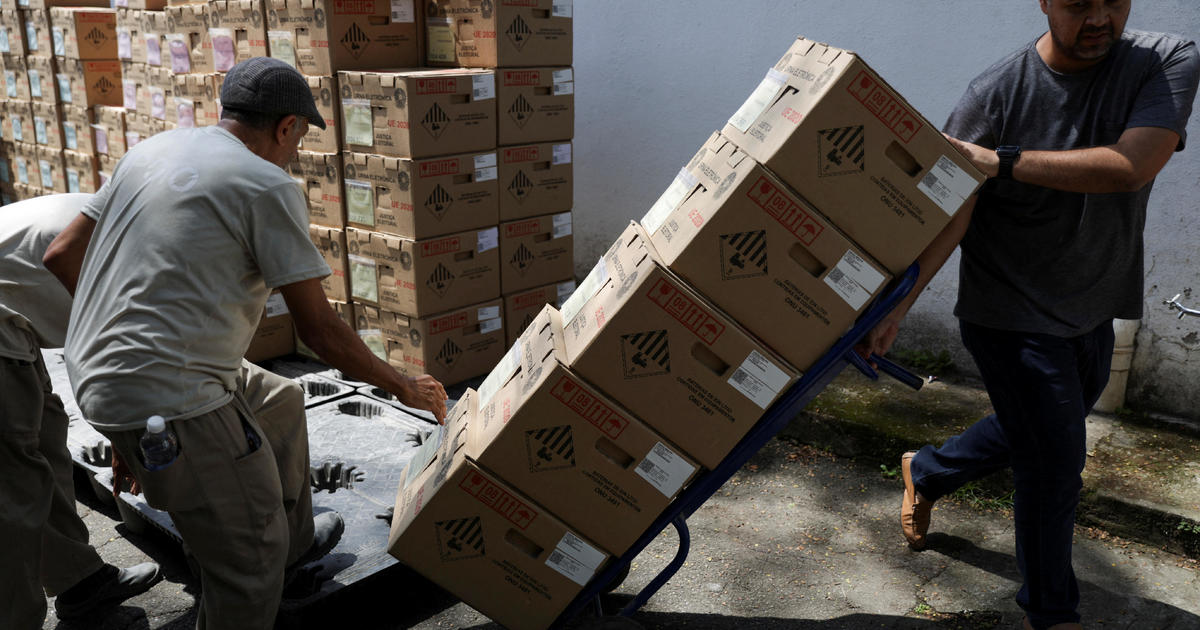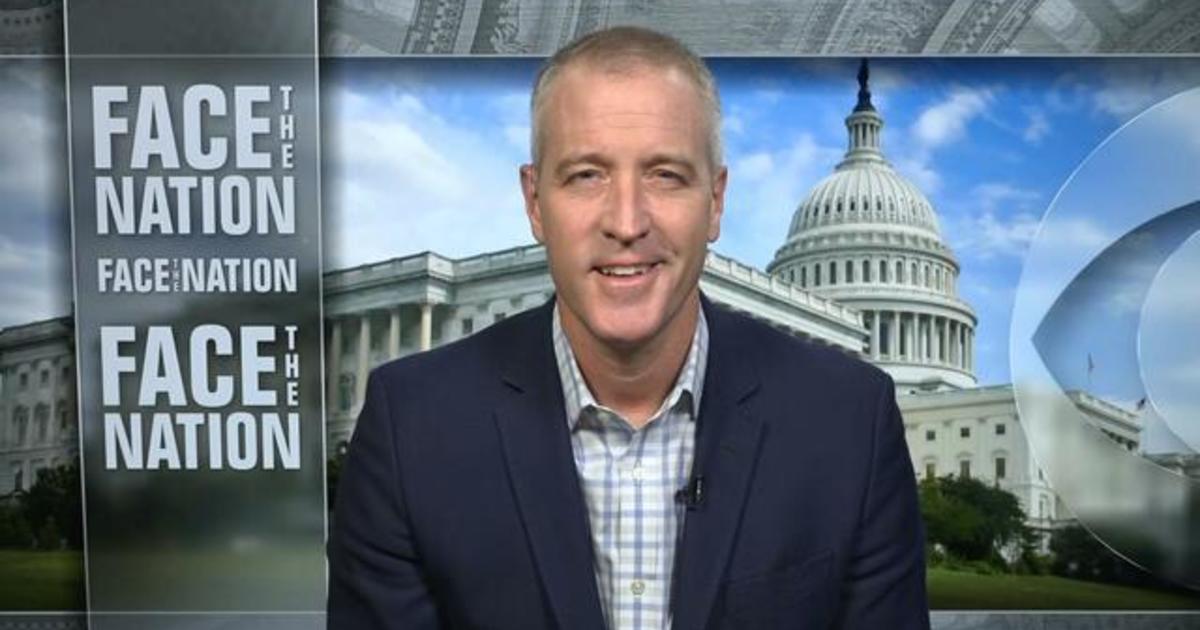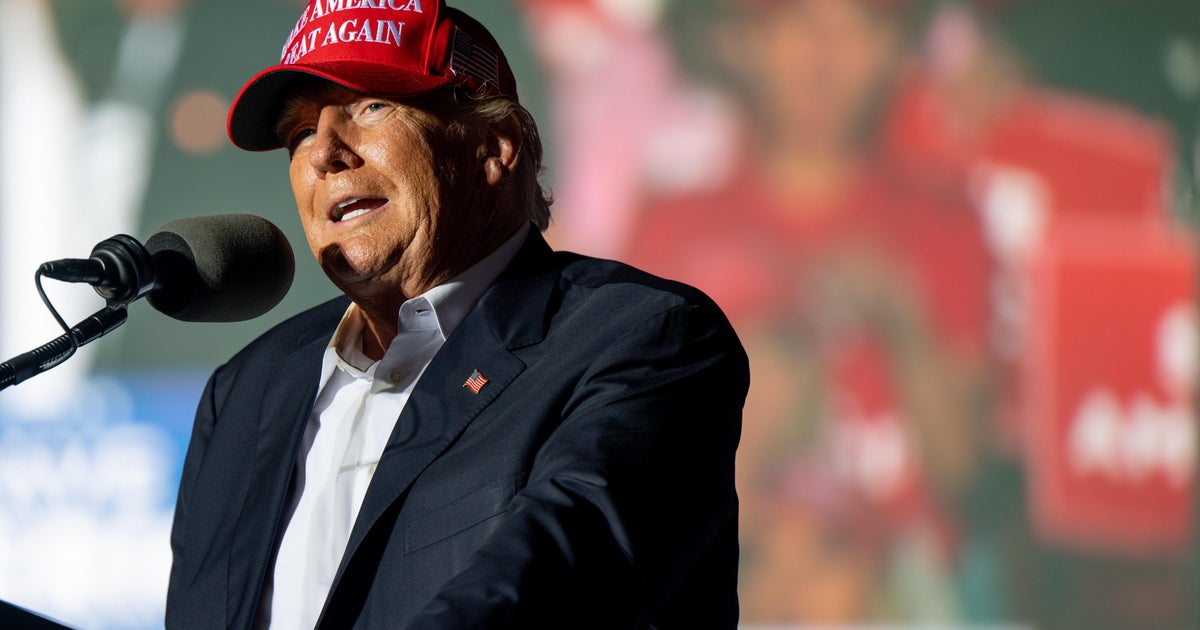On Sunday, Brazilians will vote between President Jair Bolsonaro and former president Luiz Inacio Lula da Silva

Brazilians voted on Sunday in the presidential election the second round of elections it pits a sitting president who promises to defend conservative Christian values against a former president who promises to return the country to a more prosperous past.
The second round took place as a fierce struggle between the president Jair Bolsonaro and his political nemesis, former president Luiz Inácio Lula da Silva. Both are prominent political figures who are divisive and inspire as much passion as hatred.
The vote will determine whether the world’s fourth-largest democracy preserves far-right politics or returns the left to the top job — and, in the latter case, whether Bolsonaro will accept defeat. There have been many reports of what critics say is an attempt to suppress the turnout of likely voters for Silva.
Polling stations in the Brazilian capital were packed into the morning, and at one, retired civil servant Luis Carlos Gómez said he would vote for da Silva.
“He’s better for the poor, especially in rural areas,” said Gomez, 65, who hails from Maranhão state in the impoverished northeastern region. – Before him, we were always hungry.
RICARDO MARAES / REUTERS
Because voting is done electronically, the final result is usually available within a few hours after polls close late in the evening. Most opinion polls have da Silva, widely known as Lula, in the lead, although political analysts agreed that the race has been getting tighter in recent weeks.
For months, da Silva appeared headed for an easy victory as he stoked nostalgia for his presidency from 2003 to 2010, when Brazil’s economy boomed and social security helped tens of millions join the middle class.
But while da Silva led the first round of elections on October 2 with 48% of the vote, Bolsonaro was a strong second with 43%, showing that opinion polls are significantly underestimating his popularity. Many Brazilians support Bolsonaro’s defense of conservative social values, and he has won support at great public expense.
Candidates in Brazil who lead in the first round tend to win in the second round. But political scientist Rodrigo Prando said that this campaign is so atypical that Bolsonaro’s victory cannot be ruled out. The president won the endorsement of the governors of the three most populous states, and his allies won big in congressional elections.
“Politically, Bolsonaro is stronger than anyone imagined,” said Prando, a professor at Mackenzie Presbyterian University in Sao Paulo. “Mathematically, Lula is ahead.”
More than 150 million Brazilians are eligible to vote, but about 20% of voters abstained in the first round. Both da Silva and Bolsonaro have focused their efforts on increasing turnout. According to the nonprofit organization Free Fares for Democracy, nearly 400 cities made public transportation free on Election Day, and election officials barred any federal traffic police from affecting voters’ public transportation.
However, there have been several reports of roadblocks. Folha de S.Paulo newspaper reported that traffic police had stopped more than 500 buses as of 12:35 local time, citing documents and internal data, a 70% increase from the first round of voting.
The head of the election commission ordered the police to stop their actions, and its director to immediately give an explanation. The Labor Party submitted a request for the official’s arrest.
Human Rights Watch, an international non-profit organization, said it was “deeply concerned” by reports of road closures and confusion in public transport.
Previously, the subway in the capital of the state of Minas Gerais – the most important state – charged a fare, contrary to the ruling of the regional court. The head of the electoral department has ordered the federal company that manages the metro to immediately cancel the fares or face prosecution for election crimes. Afterwards, local television showed images of passengers passing through the turnstiles unhindered.
Bolsonaro was first in line to cast his vote at a military complex in Rio de Janeiro. He flaunted the green and yellow colors of the Brazilian flag, which are always displayed at his rallies.
“I’m waiting for us to win for the good of Brazil,” he told reporters afterward. “God willing, we will win this afternoon. In fact, Brazil will win.”
Da Silva voted Sunday morning in Sao Bernardo do Campo, a city outside Sao Paulo where he lived for decades and began his political career as a trade union leader. He was dressed in white, as is often the case during the campaign, rather than the traditional red of his party.
“Today we choose what kind of Brazil we want, how we want our society to be organized. People will decide for themselves what kind of life they want,” da Silva told reporters. “That’s why this is the most important day in my life. I am convinced that Brazilians will vote for a plan that will win democracy.”
The candidates presented few proposals for the country’s future, other than what they would continue a large welfare program for the poor, despite very limited financial opportunities in the future. They screamed at each other and launched smear campaigns on the Internet – with far more attacks coming from the Bolsonaro camp.
Ahead of the election, Bolsonaro tweeted a video of former US President Donald Trump endorsing him, saying he had secured Brazil’s universal respect on the world stage. Da Silva particularly criticized Bolsonaro for the decline of the nation’s status abroad, highlighting the lack of state visits and bilateral meetings.
“Don’t lose it, don’t let it happen,” Trump said in the video. “It would not be good for your country. I love your country, but this would not be good. So get out and vote for President Bolsonaro. He does the job like few others can.”
His four years in office were marked by declared conservatism and defense of traditional Christian values. He claimed that his opponent’s return to power would lead to communism, legalization of drugs, abortion, and more persecution of churches – things that did not happen in the last eight years before Silva was in office.
On Sunday, Livia Correa and her husband Pedro brought their two young children to a polling station in Rio’s Copacabana district, where Bolsonaro supporters regularly gather. They were all wearing green and yellow shirts. Livia, 36, said she voted for Bolsonaro because he defends what she holds dear: “family values, God and freedom of expression.”
Da Silva took issue with how Bolsonaro has widely criticized the fight against the COVID-19 pandemic and said the president has failed to take care of the most needy members of society. And he painted Bolsonaro as an opponent of the Amazon rainforest, given that he flouts conservation authorities and has presided over a surge in deforestation.
But for many, the record of the Workers’ Party before Silva is no less unpleasant. A wide-ranging investigation revealed the party’s involvement in large-scale corruption scandals involving top politicians and leaders.
Da Silva himself was there imprisoned for 19 months for corruption and money laundering. The Supreme Court overturned his convictions in 2019 on the grounds that the judge was biased and colluded with prosecutors. That didn’t stop Bolsonaro from reminding voters about the sentences.
Huge digital mobilization of the president has been on display in recent days as his campaign presented fresh — and unproven — claims of possible election manipulation. That has revived fears that Bolsonaro could challenge the election results if he loses – just like Trump, whom he admires.
He has been for months claimed that the nation’s electronic voting machines were prone to fraud, although he never provided evidenceeven after the electoral authorities set a deadline for him to do so.
More recently, the allegations related to airtime for political advertising. Bolsonaro’s campaign argued that radio stations may have harmed their candidate by not airing more than 150,000 campaign stories.
“If da Silva wins, we will have problems,” said Pedro Correia, 40, who joined his wife and two children in Copacabana.
“It’s impossible for him to win,” he said.
https://www.cbsnews.com/news/brazil-election-second-round-president-jair-bolsonaro-former-president-luiz-inacio-lula-da-silva/


:quality(70)/cloudfront-us-east-1.images.arcpublishing.com/tronc/O7QEDNZPDVEW3M7CKXYCYXIMJQ.jpg)
